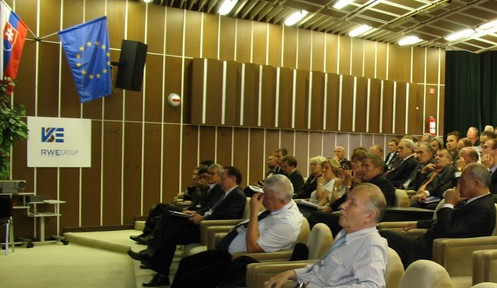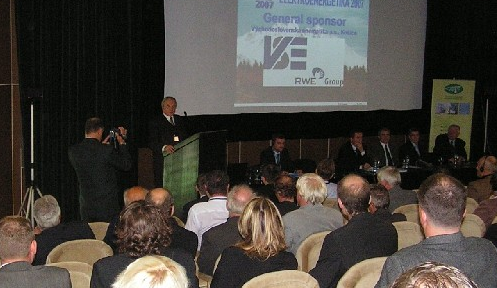|
The role of flexibility resources in the energy transition
Nikolaos Koltsaklis
Dept. of Economics, Management and Humanities, Faculty of Electrical Engineering, Czech Technical University in Prague
Jaroslav Knápek
Dept. of Economics, Management and Humanities, Faculty of Electrical Engineering, Czech Technical University in Prague
Last modified:
2022-05-26
Abstract
Increasing shares of variable renewable energy sources (vRES) call for highly flexible power systems. Limited flexible capacity is often mentioned as a constraint on the amount of vRES that can be added to the grid. This work presents a generic optimization framework for the optimal scheduling of a power system characterized by various flexibility resources. In particular, it includes a significant amount of intermittent RES and penetration of electric vehicles with both charging and discharging options. The model also considers the installation of energy storage capacities and the active market participation of demand response programs. The planning framework is annual with an hourly time step, and an illustrative case study of a mid-size power system has been selected to test the applicability of the proposed approach. Various scenarios will be examined to investigate the impacts of various electric vehicles’ penetration levels and installed energy systems capacities. The results highlight the importance of all those flexibility resources in the optimal energy management, the ancillary services supply, and the reduction in the amount of curtailed energy. The proposed approach can be utilized by market operators, policymakers, and regulatory authorities for the determination of the appropriate system development, market design, and portfolio formation.
|
 |
|







